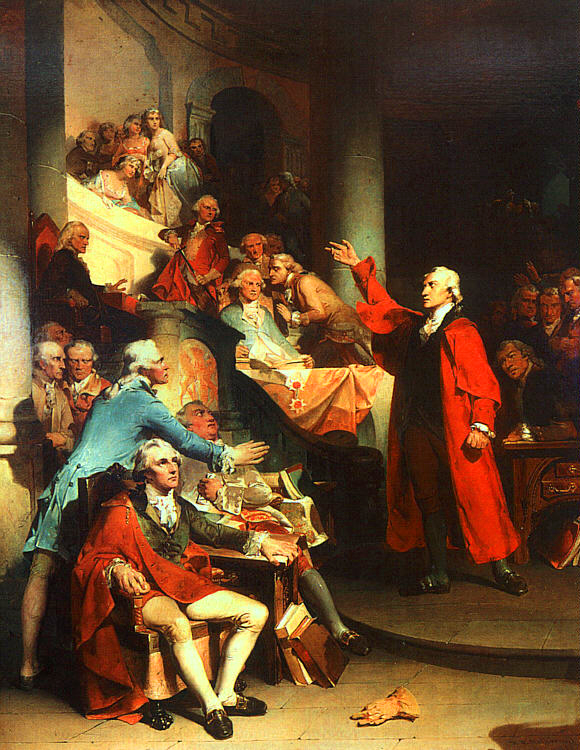
Andy Jackson’s famous toast, “The Union—it must and shall be preserved,” is still recorded in most high school U.S. history books. Calhoun’s once equally famous reply, “Next to our liberties, most dear,” has slipped out of many recent editions. Like most of the South, Calhoun was on the losing side of the liberty versus union debate. After the Second War for Independence was lost, the winning side up North has consistently preferred the claims of the Union government to those of individual liberty.
The Liberty which inspired Jefferson, Calhoun, and Davis was, at least in part, the conviction that power is like water: it seeks its own level. A healthy society is one that exercises an economy of political force; it solves family problems at the family level, local problems at the local level, and state problems at the state level. It will reserve the Federal Marshals, Supreme Court decisions, and lettres de chachet for problems that directly affect the nation as a whole. States Rights is only a particular affirmation of this general principle, one that is strongly rooted in the love of liberty. We do not need our states to tell us how to rear our children, and we do not need the Congress or the Supreme Court to tell how to run things in Alabama or South Carolina, even when we are wrong. It was part of the Southern wisdom that the government which governs least governs best.
More @ The Abbeville Institute

No comments:
Post a Comment